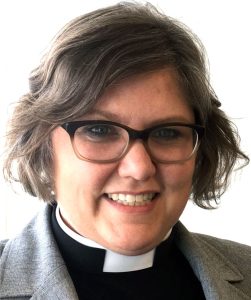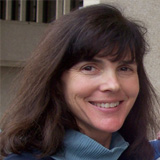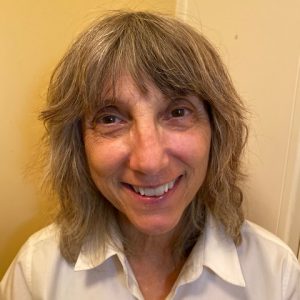Welcome Back
If you are a Program Participant, Program Facilitator, or JustFaith Network Member you are in the right place! Log in to see all your content.
Forgot your password?What our program participants are saying

The global pandemic is creating a hunger crisis, and as people of faith we are called to respond in meaningful ways. Hunger: A Faith and Justice Response brings the resources and tools to address this hunger crisis and community building practices to empower people of faith to take action

I have been inspired and nourished by the Spirituality and Racial Justice meditative/mindfulness practices offered in this program and plan to continue to integrate them into my life. This spiritually inclusive module has provided me with a much needed common framework builder in our community to prepare us for the long haul anti racism work that must be continued in our communities to interrupt racist systems and structures.

I have been enriched by this program: inspired readings, warm and thoughtful discussions, and time for introspection and prayer. Thank you to all involved!
